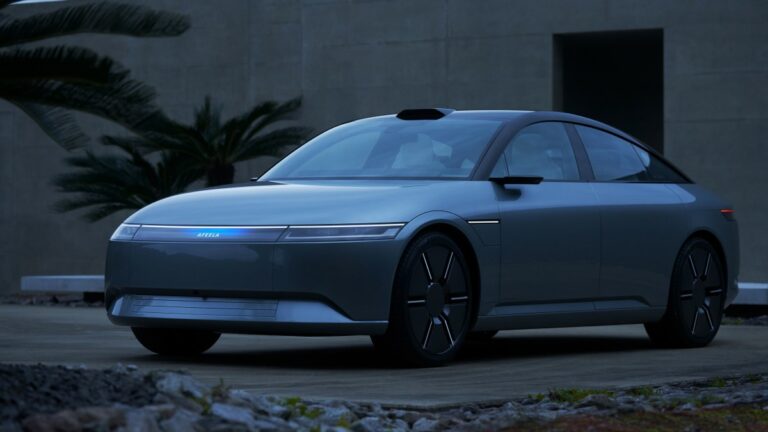What Is EU Article 13 Besides A Meme Ban? — From A Noob’s Perspective
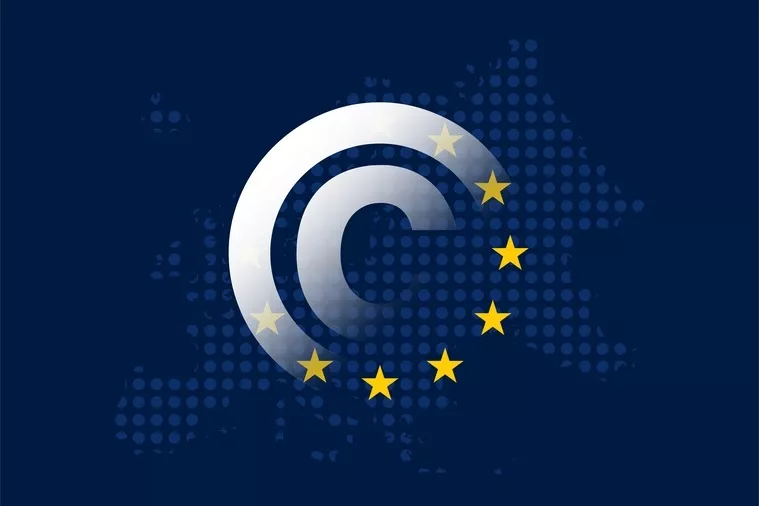
European Union has passed the controversial ‘Copyright Directive Law‘ which aims to fix the broken online copyright system.
I am not a lawyer so I will try to give you my opinion in as simple terms as possible. Also, my interpretation of Article 13 could differ from yours because till now no concrete rule has been laid down.
Why is EU Article 13 creating a scare?

Until now, social media sites were not legally held responsible if users on their platform uploaded any copyrighted material. Article 13 wants to make these companies liable for the same. Herein lies the problem.
People on social media like to share many things in the form of memes, emojis, video clips, and GIFS. Even the act of trying to categorize what social media users share has a restrictive undertone to it.
No one wants to hear whether the stuff he or she shares online is in compliance with the law. When online, users want to be free to share, browse and express themselves.
And when an Article is hanging like a sword over ‘online freedom of expression’, there’s nothing short of anger to persist on everyone’s mind.
Combine this with the constant wave of dire warnings from tech giants like YouTube and Twitch and you’ve got yourself the perfect recipe for depression from things you have no control over. So it is not correct to say that people are ‘scared’ as they are also in fact ‘angry’.
What are the reasons to be angry about?
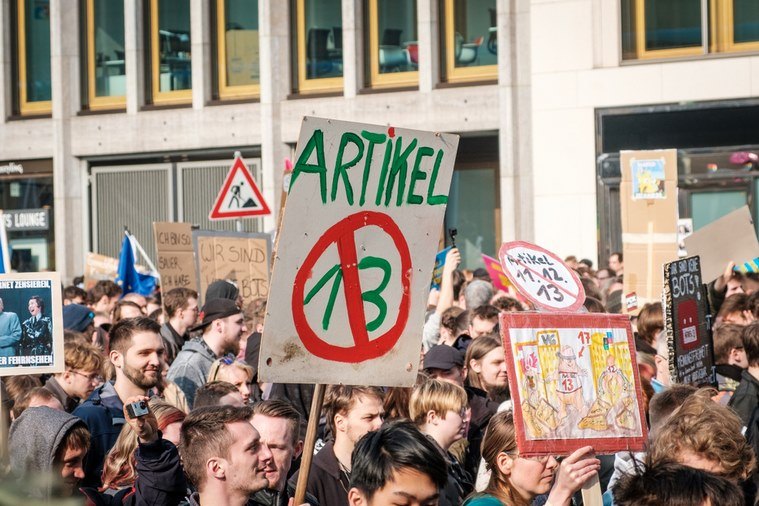
We understand that people are furious. Let’s try to figure out exactly which aspect of Article 13 is causing it.
From my perspective, I am annoyed by the lack of a clear distinction between what Article 13 considers as copyrighted material and a non-copyrighted one. The lack of an answer and the fright from tech companies makes the matter even worse.
Right now there are two faces of Article 13. The first is what its makers intend it to be, which is a clear cut law to even out the balance between tech companies and creators by giving them their fair share of the money.
Facebook, YouTube, and other social media platforms make millions of dollars from the work of underpaid creative artists. The value of their work is often undercut by online stealing of their creative properties.
Article 13 wants to redistribute the money made by these platforms back to their makers by preventing the stealing of their content.
I know about memes, but what about game streaming?
The other image is what the EU Article 13 looks like to a huge number of people — a draconian law which seeks to limit people’s expression online.
Once again the problem can be traced back to the definition of copyrighted material which sits well with the EU. Several content creators, who rely on modifying existing online material in order to create their own content, are frustrated for the same reason.
A ban on uploading game streams is also a serious concern on the horizon. As far as I am concerned, video games themselves aren’t copyrighted content but the gameplay performance of the streamer is. Hence, video game sharing should remain unscathed.
Also, game streaming is the single best way to market any new game. Sales seldom suffer due to game streaming, unless the game itself is broken. This in itself is a more compelling reason to bring the truth about the game into public knowledge, so no one wastes their hard earned money over it.
Game developers themselves have always considered streamers as another member of the community. The co-creator of the game ‘Long Dark’ in an interview said:
“They (streamers) play a role in exposing the game to new players who may then decide to pick up the game for themselves.”
However, a solid argument against the cherrypicked misuse of copyright claim can be explained through the ‘Pewdiepie Vs Firewatch’ debacle.
After Felix accidentally uttered the N-word on a live stream, Firewatch’s developer wanted to take down video of their game from Pewdiepie’s channel.
Despite the same game developer specifically stated earlier on his website that people are free to play Firewatch and use it to create any new content.
The same permission was retracted after the developers decided to cut ties with Felix. This is the shade of grey under which digital copyrighted content could potentially suffer.
What should the EU Article 13 be like?
If No Man’s Sky could be fixed after years of constant updates, then so could broken laws. The only way Article 13 can succeed is if it keeps its intent and the freedom of people at its core.
The ideal EU Article 13 would:
- Specifically states what is copyrighted and what isn’t
- Keeps all the creative work from memes to gaming videos as non-copyrighted
- Follow the golden rule of ‘reuse with modifications’
- Pay the original creator if someone steals their content without any modification
Right now the Internet is a ‘Neutral’ place. It is the free market place of ideas where people can express themselves freely. In its current form, EU Article 13 is trying to make the internet a ‘good’ and ‘fair’ place, by force.
The law should enforce a neutral approach instead as it’d actually balance out the online playing field.
Also Read: Controversial Online Copyright Law Article 13 Passed By EU Parliament

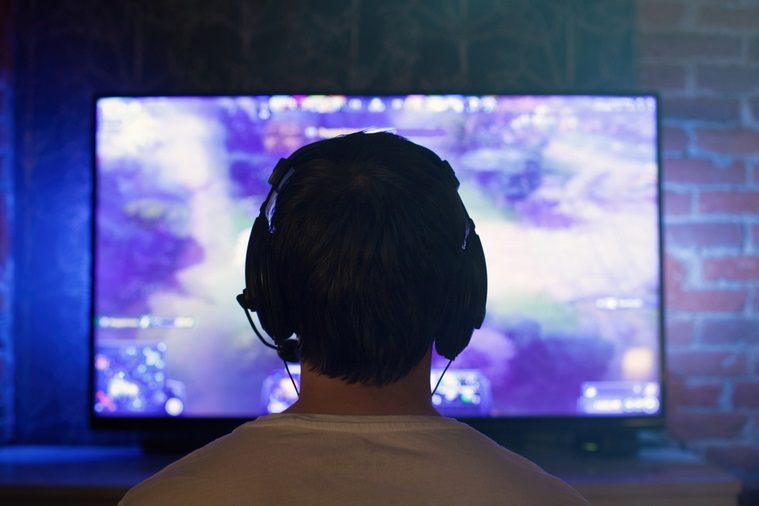
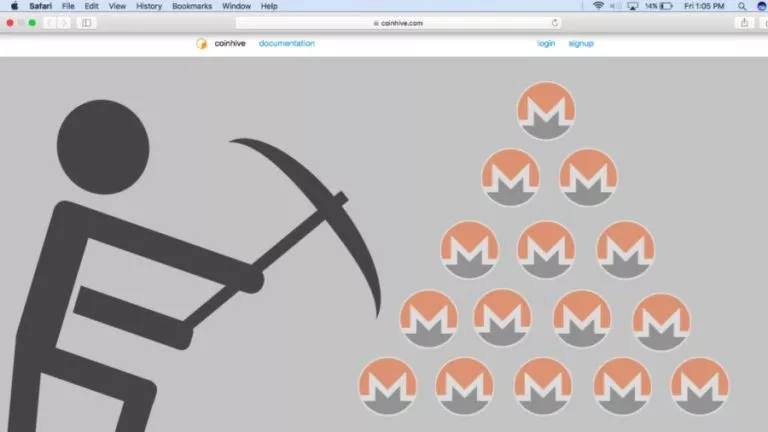

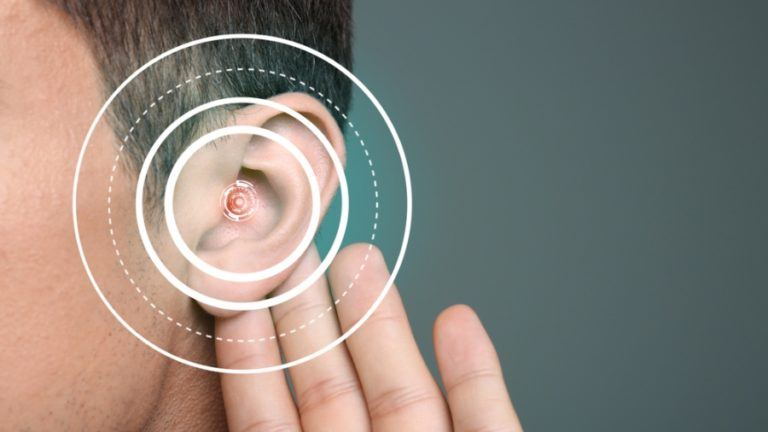
![Here Are The Most Anticipated Films Of 2023 [April- June]](https://fossbytes.com/wp-content/uploads/2022/06/The-Flash-season-9-768x432.jpg)

